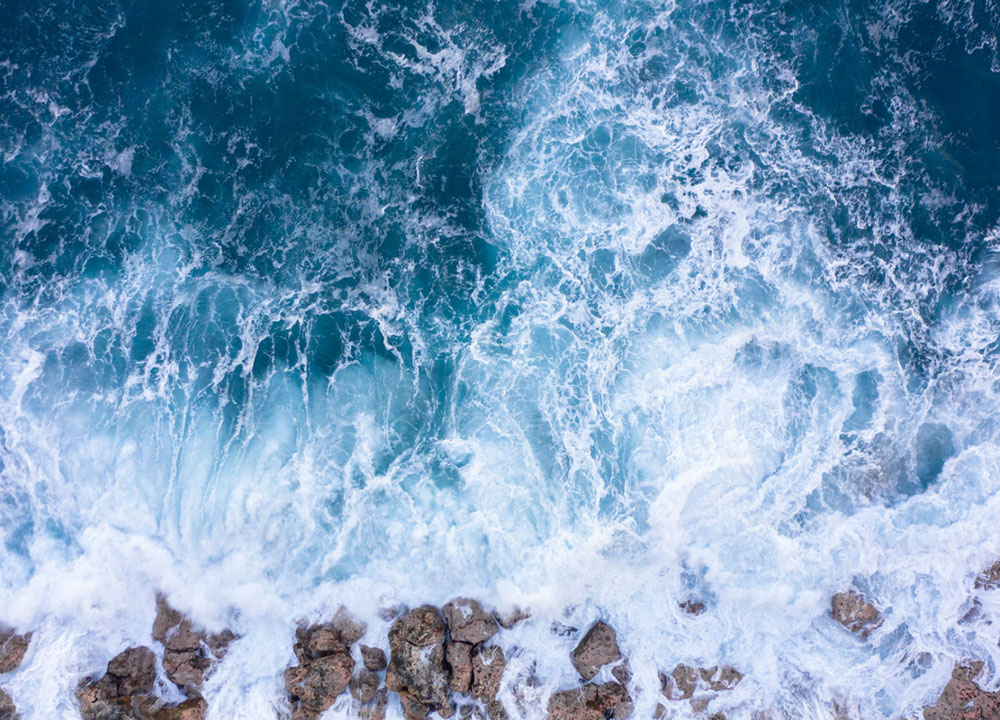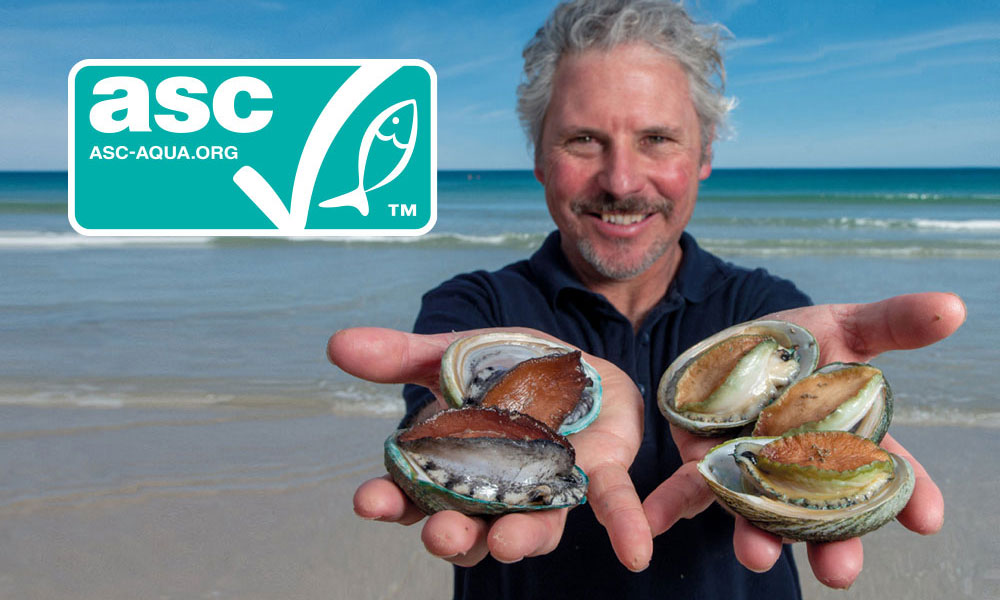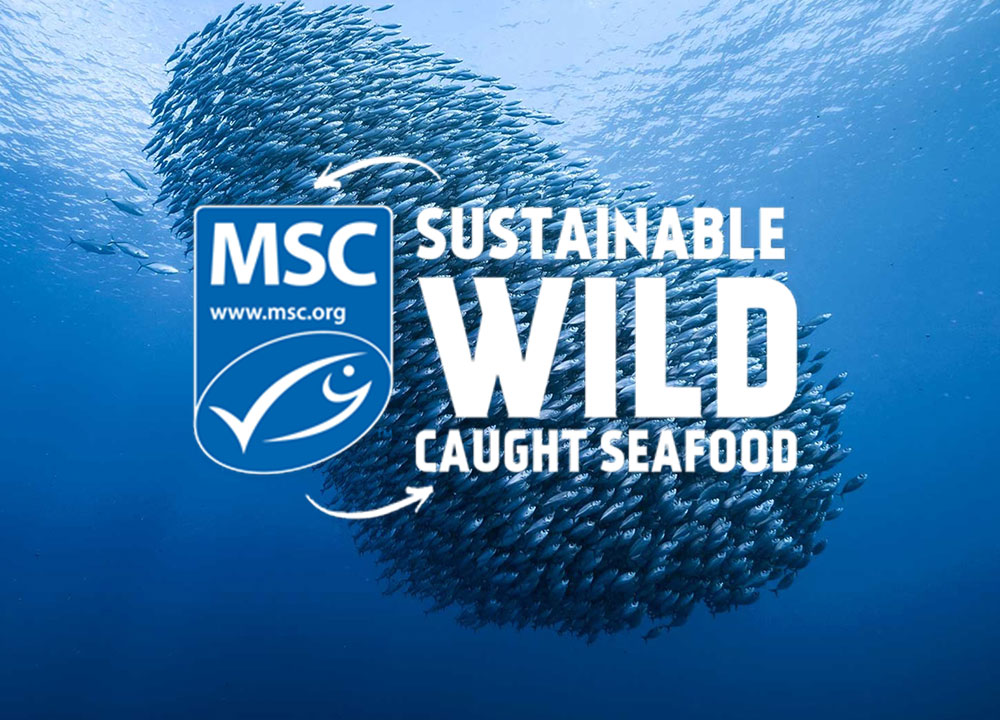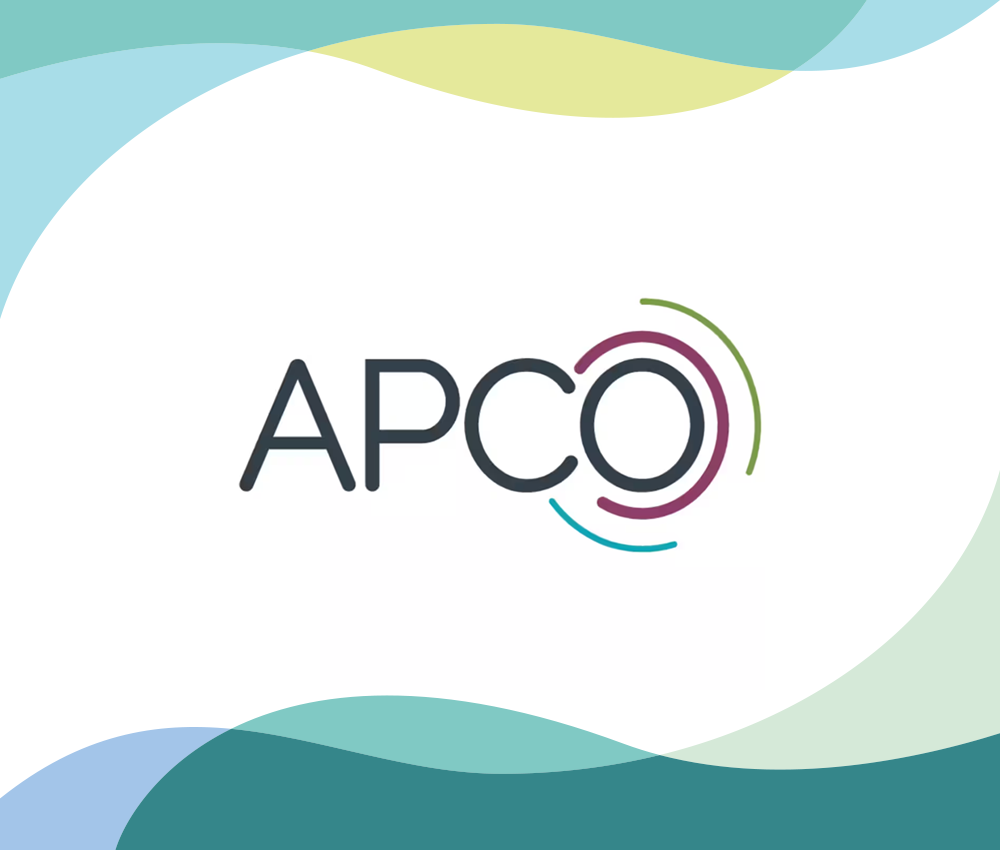Sustainability
At KB Seafood Co we take our responsibility to the environment and future generations seriously and have a commitment to promoting sustainable and environmentally friendly, ecologically sound practices.
The Aquaculture Stewardship Council
An independent, international non-profit organization that manages the world’s leading certification and labelling program for responsible aquaculture.
The Marine Stewardship Council
An international non-profit on a mission to end overfishing and restore fish stocks for future generations. The three principles of the MSC Fisheries standard include sustainable fish stock, minimising environmental impact and effective fisheries management.
APCO
A co-regulatory, not for profit organisation that partners with government and industry to reduce the harmful impact of packaging on the Australian environment. We promote sustainable design and recycling initiatives, waste to landfill reduction activities and circular economy projects. APCO’s Members are from a variety of industries and organisation sizes – from multi-national corporates to local small businesses – APCO supports organisations’ move toward a strategic approach to sustainability that helps deliver organisational and cost efficiencies.

Rock Lobster Fishery
Our Rock Lobster Fishery is a world leader in sustainable practice and was recently re-certified as ecologically sustainable by the Marine Stewardship Council. We are proud to be a member of the Australian Packaging Covenant (APC). APC is an agreement between companies in the supply chain and all levels of Government to reduce the environmental impacts of consumer Packaging by encouraging improvements in packaging design, higher recycling rates and better stewardship of packaging.
About Sustainability
At KB Seafood Co, our objective is to ensure that we operate to the world’s best practice in environmental protection and harm minimisation. This has been and is continually achieved by adherence to the following processes:
Minimise the risk of on-site and off-site contamination through appropriate storage, treatment and handling of chemicals and wastes.
Only utilise equipment and systems that comply with Australian and Internationally recognised environmental standards.
Package goods to minimise the long-term impact of their supply and use.
Product goods from environmentally managed supply sources.
Minimise the use of chemicals through alternative sanitisation practices (through the use of enzymes).
Minimise volumes and types of waste generated through ongoing recycling processes (fish waste, packaging; both cardboard and plastic).
Ensure and maintain efficient management of power and water facilities.



